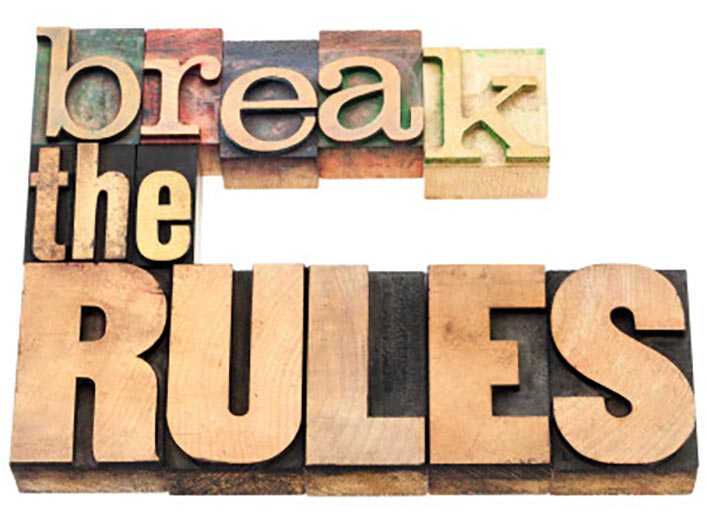As a high school student in the fall of 1983, I attended my first Model UN conference at Harvard University (my school represented the Philippines). The Secretary General, then a senior at Harvard, told a story about a bumper sticker he had seen one day that said simply, “Question Authority”.
As an impressionable high schooler, this had a profound impact on me. My entire being up to that point had been centered on conforming to the norms of success — and as the daughter of Chinese immigrants in the United States, it was important to succeed and fit in.
The words “question authority” kept gnawing at me. I came to realize that embracing those words meant looking at things as a work in progress — there would always be a way to change and improve a situation, a relationship, even myself.
Silicon Valley is filled with people questioning authority — it’s the foundation for what we call the “hacker” mindset, where you are dedicated to finding a better way to do something. But in Silicon Valley, we don’t just innovate — that’s too safe and frankly, too slow. Instead, we disrupt and set our sights on upsetting entire ecosystems. To challenge authority is to dream of a better future, and I for one, love that the people in technology pick really big authority figures to question.
I’m going back to Harvard for my 25th college reunion this spring, and will have the honor of marching in the commencement procession with the next generation of leaders and dreamers. I write this for them and to all graduates, past and present. I see the optimism in your step, the unshakeable belief that you will make a difference, and I hope you will always have the gumption to question authority — it will be the foundation of your success.
But there’s a slight problem with challenging authority — sometimes, you actually succeed! In such cases, you become the authority, which is in turn also questioned. The key to long-term success is knowing not only how to question authority, but to also constantly question your *own* authority.
For example, I routinely work with executives on their social business and digital strategies. While they accept that social media is no longer a fad and here to stay, there is genuine fear and concern in their eyes when they contemplate having to use it. That’s because these new technologies challenge their sense of authority, especially the control and power that they have accumulated along their road to success.
But I occasionally also encounter a different type of leader, one who thrives on being questioned and engaged. They are people like , the CEO of Aetna, who engaged in a dialog on Twitter with a cancer patient who’s health benefits had been cut off by Aetna because of lifetime limits. Mark and his organization engaged with the patient in social media with confidence and humility — two traits of what I call Open Leadership. Rather than give up authority when questioned and challenged, Mark and Aetna gained credibility by practicing authenticity and transparency in seeking to resolve the problem.
To be an open leader, you have to be willing to be hacked — putting yourself into vulnerable situations so that you can improve and grow. It won’t be pretty and it will likely be uncomfortable or even painful at times. You will have to develop the strength and resilience, as well as the the confidence and the humility, to gracefully accept being questioned and challenged. It is the only way forward, the only way you will grow.
So graduates, always remember to question authority. And someday in the not-so-distant future, I hope you will recall these heady days of questioning and challenging so that it will carry you through the inevitable challenges to your authority that lies ahead.
Lead Photo: ©istockphoto.com/marekuliasz
Here’s my college (Class of ’88) graduation photo, taken straight out of the yearbook.

